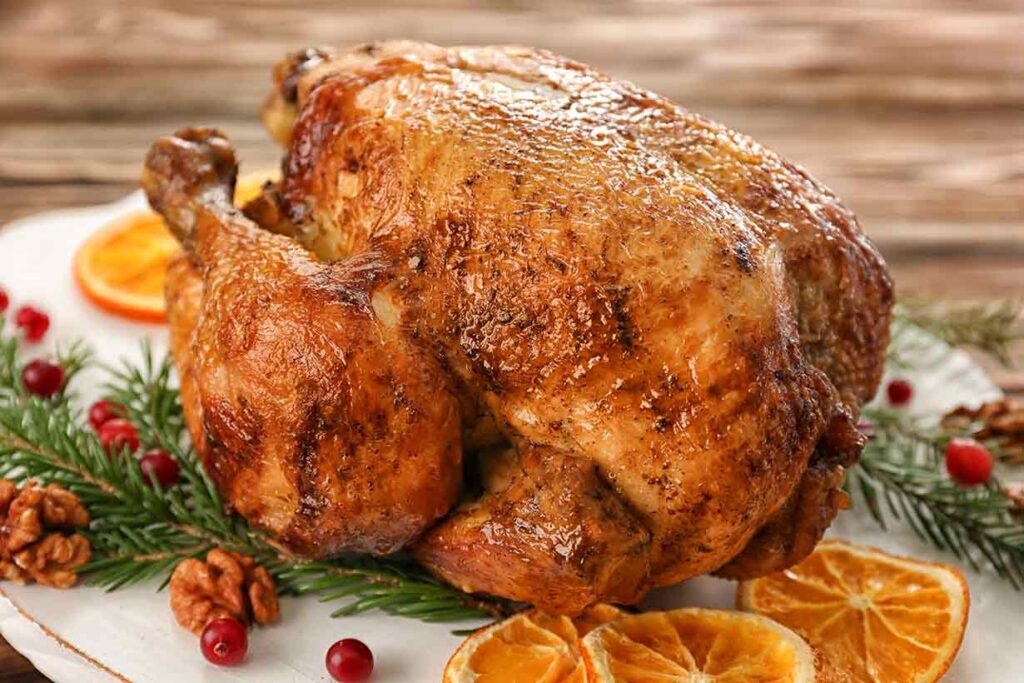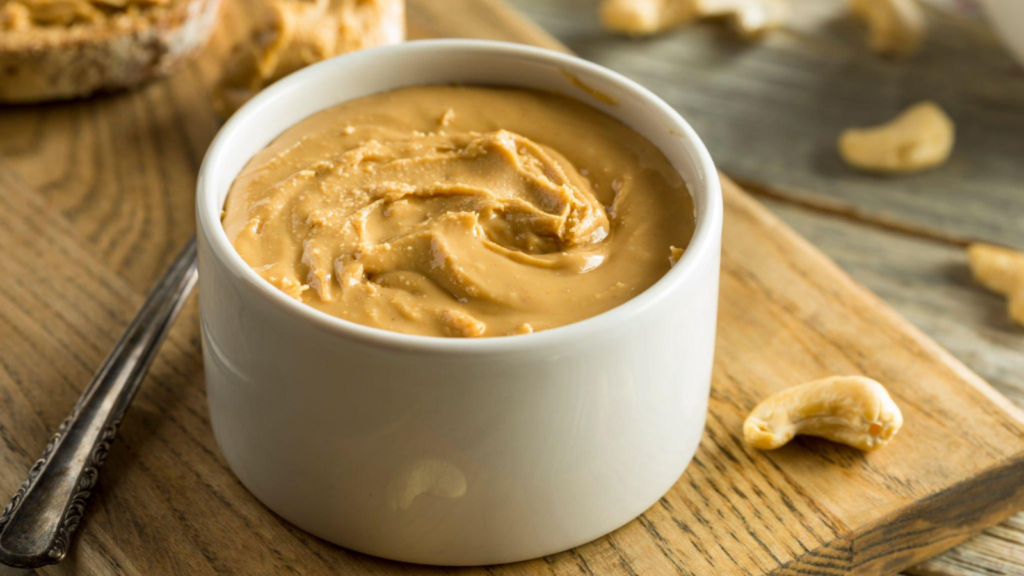When it comes to discussing healthier protein options, turkey often comes up as a top contender. But is turkey healthy? Understanding its nutritional profile and health benefits is essential for making informed dietary choices. In this article, we’ll dive into the health aspects of turkey, compare it with other meats, explore its nutritional content, and provide insights into how to incorporate turkey into your diet effectively.
Nutritional Profile of Turkey
Before we delve into the question of is turkey healthy, let’s first look at its nutritional profile. Turkey is a lean meat that is high in protein and low in fat, making it a popular choice for health enthusiasts.
Key Nutrients in Turkey
| Nutrient | Per 100g (Roasted, Skinless) |
|---|---|
| Calories | 135 |
| Protein | 30g |
| Total Fat | 1g |
| Saturated Fat | 0.3g |
| Cholesterol | 70mg |
| Sodium | 60mg |
| Iron | 1.4mg |
| Zinc | 2.4mg |
| Vitamin B6 | 0.7mg |
| Niacin | 11.8mg |
Protein Powerhouse
Turkey is an excellent source of high-quality protein, which is essential for muscle repair and growth. Just look at the numbers: 30 grams of protein per 100 grams makes it a protein powerhouse, ideal for athletes and those looking to build muscle.
Health Benefits of Turkey
So, is turkey healthy? Absolutely! Here are some of the key benefits:
- Rich in Vitamins and Minerals: Turkey is loaded with essential vitamins, including B vitamins like niacin and B6, which support energy metabolism and brain health. The minerals found in turkey, such as zinc and iron, are vital for maintaining a robust immune system.
- Heart Health: Because turkey is low in saturated fat, it’s a heart-friendly option. Research suggests that lean proteins can help lower cholesterol levels and reduce the risk of heart disease.
- Weight Management: Due to its high protein and low-calorie count, turkey can be an effective addition to a weight management plan. Protein promotes satiety, making you feel fuller for longer, which can prevent overeating.
- Muscle Building: For those engaging in strength training, turkey provides the necessary amino acids to support muscle recovery and growth. A diet rich in lean proteins like turkey can enhance performance.
- Boosts Mood and Mental Health: Turkey contains tryptophan, an amino acid known to increase serotonin levels in the brain, enhancing mood and potentially helping to alleviate anxiety and depression.
Is Turkey Better Than Other Meats?
1. Comparative Analysis: When comparing turkey to other meats like chicken, beef, and pork, it often comes out on top due to its lower fat content and higher protein density. Here’s a brief comparison:
| Meat Type | Calories (100g) | Protein (g) | Fat (g) | Saturated Fat (g) |
|---|---|---|---|---|
| Turkey | 135 | 30 | 1 | 0.3 |
| Chicken | 165 | 31 | 3.6 | 1.0 |
| Beef | 250 | 26 | 20 | 8.0 |
| Pork | 242 | 27 | 14 | 5.0 |
2. Versatility in Diet: Turkey is versatile. It can be roasted, grilled, or even made into ground turkey for a variety of dishes. Its mild flavor makes it a perfect canvas for different seasonings and marinades.
Ways to Prepare Turkey
1. Roasting
- Procedure: Season the turkey, place it in the oven, and roast until golden brown.
- Benefits: Retains nutrients while providing a rich flavor.
2. Grilling
- Procedure: Marinate turkey pieces and grill them for a smoky flavor.
- Benefits: A healthy cooking method that reduces fat content.
3. Stir-Frying
- Procedure: Cut turkey into strips and stir-fry with vegetables.
- Benefits: Quick, nutritious, and full of flavor.
4. Making Turkey Burgers
- Procedure: Combine ground turkey with spices and shape into patties.
- Benefits: A lower-fat alternative to traditional beef burgers.
Side Effects of Eating Turkey
While turkey has many health benefits, it’s essential to consider some potential downsides:
- Processed Turkey Products: Deli meats and turkey sausages can be high in sodium and preservatives. Always read labels and choose minimally processed options.
- Allergies and Sensitivities: Some individuals may have allergies to poultry. In such cases, turkey would not be a healthy choice.
- Environmental Concerns: Conventional turkey farming can have environmental impacts. Opting for organic or sustainably raised turkey may mitigate this concern.
How to Incorporate Turkey into Your Diet
Incorporating turkey into your diet can be both simple and enjoyable. Here are some ideas:
- Breakfast: Try turkey bacon or a turkey omelet.
- Lunch: Prepare a turkey sandwich with whole-grain bread and plenty of veggies.
- Dinner: Roast a turkey breast with herbs, accompanied by quinoa and steamed vegetables.
- Snacks: Make turkey roll-ups with avocado and sliced bell peppers.
Is Turkey Healthy for Weight Loss?
Yes, turkey can be a great choice for weight loss! This lean protein is low in calories and high in protein, making it an ideal option for those looking to shed pounds. With approximately 30 grams of protein per 100 grams, turkey promotes satiety, helping you feel fuller for longer. Additionally, its low fat content—particularly when choosing skinless turkey—means fewer calories, making it easier to manage your overall intake. Incorporating turkey into balanced meals can not only support weight loss but also provide essential vitamins and minerals, making it a nutritious addition to any diet.
Is Turkey Slices Healthy
Turkey slices can be a healthy addition to your diet, especially when they are minimally processed. Packed with protein, they offer about 25 grams of protein per 100 grams, making them a great option for muscle maintenance and recovery. Additionally, turkey slices are typically lower in fat and calories compared to other deli meats. However, it’s essential to choose options that are low in sodium and free from added preservatives or fillers. Always check labels for quality, opting for natural, nitrate-free varieties when possible. Overall, turkey slices can be a nutritious, convenient choice for sandwiches and snacks.
Conclusion
In summary, is turkey healthy? Yes, it is a nutritious, versatile, and lean source of protein that offers numerous health benefits. Incorporating turkey into your diet can support weight management, muscle growth, and overall health. Just be mindful of your choices, especially regarding processed options.
By enjoying turkey in various forms and recipes, you can reap its benefits while keeping your meals delicious and satisfying. Whether you’re cooking for a holiday feast or a simple weeknight dinner, turkey is a health-conscious choice that fits seamlessly into a balanced diet. So go ahead, explore the culinary possibilities of turkey and make it a staple in your kitchen!


